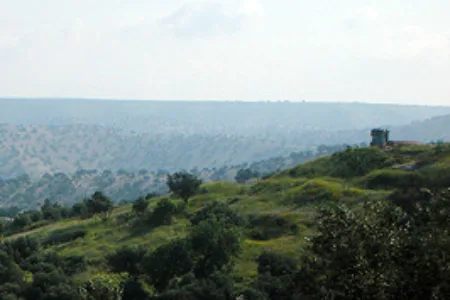Sliding into the fray: Jordan and Israel in the Syrian conflict

Fearful of the fallout from the rise of Islamism, global jihad and chemical weapons, Israel and Jordan have adopted a policy of containment and damage limitation towards Syria’s two-year civil war, leaving the warring parties to spar with and weaken each other. The two countries have expressed hopes for the demise of the Assad regime, but unlike Syria’s other neighbours – Turkey, Lebanon and Iraq – they have stopped short of allowing the rebels to open conduits through their territories. Unlike Syria’s other crossings, official border crossings into Jordan have remained either closed or in government hands. The Syrian uprising began in the south, in Dara’a on Jordan’s borders, but bereft of supply lines to sustain itself, it quickly moved north, closer to borders where the rebels were better able to procure the fuel, arms, and men required to take and hold territory. However, Israel’s and Jordan’s hands-off posture could be changing. Israel has reportedly bombed a consignment of Syrian arms apparently bound for Lebanon. And such is Jordan’s need to replenish its depleted coffers and so great its fear of popular discontent that in return for increased financial aid it is increasingly bowing to Saudi pressure to open its borders to rebel supplies, bolstering the performance of rebel forces in the south after a series of setbacks. Jordan hopes that Western reinforcements along its northern border will protect it against the chances of blowback. But the risks are manifold. Unlike Iraq’s conflict, from which Jordan was cushioned by 700 kilometres of desert, the war in Syria rages on Jordan’s populous northern border. Already 300,000 refugees have spilled into the kingdom, and both Jordan and Israel fear the conflict could increasingly travel with them.